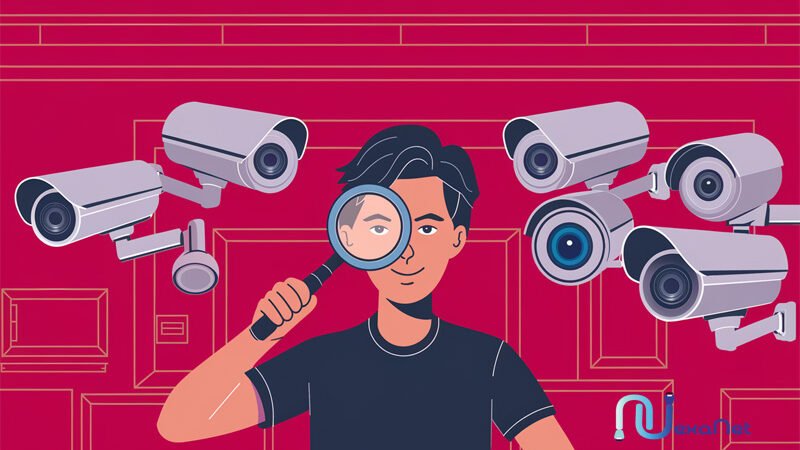Selecting the appropriate brand of CCTV cameras
Selecting the appropriate brand of CCTV cameras depends on several factors, including your specific needs, budget, and the features you require. Here are some steps to help you choose the right brand:
1. Define Your Requirements
- Purpose: Are you using the cameras for home security, business monitoring, or public spaces?
- Coverage Area: How many cameras do you need, and what areas will they cover?
- Resolution: Do you need HD, 4K, or lower resolution for basic monitoring?
- Night Vision: Is low-light or nighttime recording important?
- Audio: Do you need two-way audio or just video?
- Storage: Will you use local storage (DVR/NVR) or cloud storage?
- Connectivity: Do you prefer wired (PoE) or wireless (Wi-Fi) cameras?
- Advanced Features: Do you need motion detection, facial recognition, or AI-based analytics?
2. Set a Budget
- Determine how much you’re willing to spend. High-end brands offer advanced features but can be expensive, while budget brands may lack some functionalities.
3. Research Reputable Brands
Here are some well-known CCTV brands to consider:
Premium Brands (High Quality, Advanced Features)
- Hikvision: One of the largest and most reliable brands, offering a wide range of cameras with advanced features like AI analytics.
- Dahua: Known for high-quality cameras and innovative technology, often used in commercial settings.
- Axis Communications: A top choice for professional-grade security systems, often used in large-scale installations.
- Hanwha Techwin (formerly Samsung): Offers high-resolution cameras with excellent durability and performance.
Mid-Range Brands (Good Quality, Affordable)
- Reolink: Popular for home and small business use, offering good quality at reasonable prices.
- Amcrest: Known for affordable yet reliable cameras with good customer support.
- Lorex: Offers a variety of systems, including 4K cameras, and is often bundled with DVR/NVR systems.
- Swann: A trusted brand for DIY home security systems.
Budget Brands (Basic Features, Cost-Effective)
- Wyze: Affordable cameras with basic features, ideal for small homes or apartments.
- Blink (Amazon): Wireless, battery-powered cameras for simple setups.
- Yi Technology: Budget-friendly cameras with decent performance for casual use.
4. Compare Features
- Resolution: Higher resolution (e.g., 4K) provides clearer images but requires more storage.
- Field of View: Wider angles cover more area but may distort edges.
- Night Vision: Look for cameras with infrared (IR) or color night vision.
- Weather Resistance: For outdoor cameras, ensure they are IP66 or IP67 rated.
- Smart Features: Motion detection, alerts, and integration with smart home systems (e.g., Alexa, Google Assistant).
- Storage Options: Local storage (SD card, DVR/NVR) or cloud storage (subscription-based).
5. Read Reviews and Ratings
- Check customer reviews on platforms like Amazon, Best Buy, or specialized security forums.
- Look for feedback on reliability, ease of installation, and customer support.
6. Consider Compatibility
- Ensure the cameras are compatible with your existing security system or smart home ecosystem.
- Check if the brand offers a dedicated app for remote monitoring.
7. Warranty and Support
- Look for brands that offer good warranty coverage and reliable customer support.
8. Test Before Committing
- If possible, test a single camera before purchasing a full system to ensure it meets your expectations.
Recommended Brands Based on Use Case:
- Home Security: Reolink, Amcrest, Wyze, Blink.
- Small Business: Hikvision, Dahua, Lorex.
- Large-Scale/Commercial: Axis Communications, Hanwha Techwin, Hikvision.
By carefully evaluating your needs and comparing brands, you can select the best CCTV camera system for your situation.




Leave a Reply